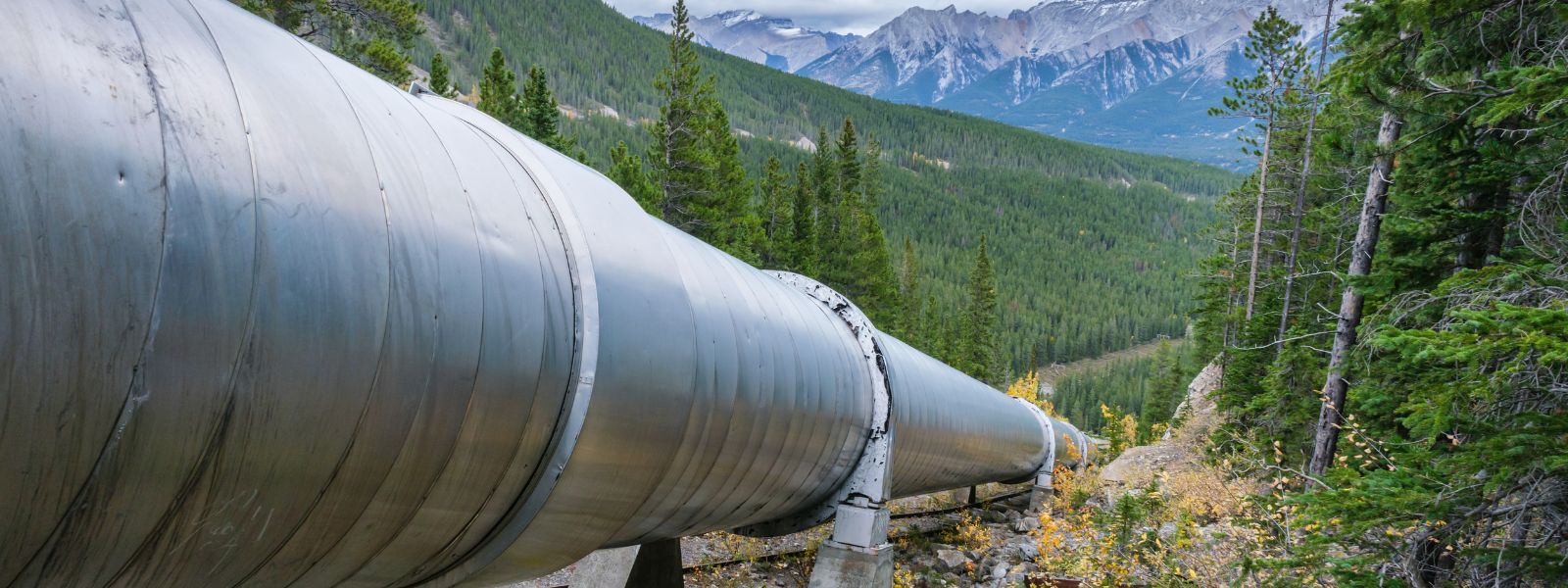TORONTO—Rick Smith, President of the Canadian Climate Institute, made the following statement in response to the Memorandum of Understanding (MOU) announced today between Alberta and the Government of Canada:
“At a time when Canadian climate change policy needed increased certainty, today’s MOU does the opposite. Investor certainty drops when rules become negotiable. Carve-outs for Alberta invite copycat demands from other provinces and territories, and could trigger more policy fragmentation across Canada.
“With this agreement, the federal government risks doing significant damage to minimum national standards that will have broader impacts on Canada’s climate change efforts. Such standards are essential to maintain economic cohesion and avoid a dysfunctional patchwork of provincial policies with conflicting market signals. Minimum standards also help ensure that provincial efforts add up to shared objectives, such as Canada’s emissions goals.
“The MOU includes a carve-out for Alberta on the Clean Electricity Regulations and slow walks previous commitments on methane rules. That could trigger a race to the bottom on climate policy where other provinces seek special treatment and side deals over federal laws or regulations they object to. It increases uncertainty for investors looking to electrify their businesses and invest in low-carbon projects, and risks deepening the current fragmentation within the federation.
“While there are positive elements of this agreement, particularly fixing Alberta’s market for industrial emissions trading, today’s MOU is inconsistent with the federal Climate Competitiveness Strategy released just a few weeks ago.
“Getting the details right in forthcoming negotiations will be fundamentally important. It is critical that minimum national standards for coal phase-out, clean electricity, enhanced methane limits, and industrial carbon pricing are reinforced or much of Canada’s climate change policy architecture is at risk.
On clean electricity
“Clean electricity is a major competitive advantage for Alberta and Canada. The Clean Electricity Regulations were already designed to provide the flexibility necessary to account for different provincial realities—reducing emissions while helping to ensure low-carbon electricity remains abundant and affordable as demand grows.
“Applying the regulations everywhere except in Alberta through a carve-out based on politics rather than evidence is a shortsighted compromise that will increase harmful greenhouse gas emissions. Rather than a formal equivalency agreement, this approach invites other jurisdictions to ask for their own special treatment. It also sets a damaging precedent for other policies where federal minimum standards apply, and risks such policies becoming mired in negotiated exemptions, court challenges, and the erosion of policy coherence and certainty.
On industrial pricing
“The commitment to strengthen Alberta’s industrial carbon pricing system and establish a minimum credit price of $130 per tonne is a significant step forward. Doing so would increase and stabilize incentives for reducing emissions and investing in low-carbon projects. It also establishes a precedent for carbon market transparency. Alberta’s industrial pricing system, called TIER (Technology Innovation and Emissions Reduction Regulation), covers roughly 25 per cent of Canada’s total greenhouse gas emissions and modernizing this system is one of the most important and cost-effective steps the province can take to reduce emissions.
“Yet by framing these elements as part of a negotiated deal with Alberta, the MOU also undermines the credibility of the federal benchmark and backstop as an objective, consistent minimum standard across all provinces. In parallel, the federal government should move quickly to fix the federal benchmark that defines minimum standards for all provincial systems, strengthen the federal backstop, apply it decisively in jurisdictions that do not meet the benchmark, and work with provinces to develop a long-term price trajectory and a nationally consistent price ‘floor’ for industrial emissions credits.
“These changes are essential to bring greater credibility and certainty to carbon markets both now and beyond 2030, so that businesses can make big investments in low-carbon projects. Modernizing industrial pricing systems in these ways would ensure the biggest polluters pay to reduce emissions, while keeping costs low for businesses and having virtually no impact on the cost of living.
On methane emissions
“Delaying the deadline for stronger limits on methane pollution is unnecessary. If there is one no-brainer of climate change policy, it is enhanced reduction of methane emissions from oil and gas. Toughening methane limits represents one of the lowest-cost options available to fight climate change. Stronger methane regulations can build on Alberta’s already impressive record of success, while creating new opportunities for Canadian companies that have been leaders in commercializing technologies to manage methane. Slowing down this important and cost-effective measure risks putting LNG exports and broader trade diversification efforts in jeopardy, as Japan contemplates methane-performance standards and the EU implements them.”
RESOURCES
- Fact sheet | Why industrial carbon pricing costs consumers next to nothing
- Commentary | The federal government should act decisively to modernize industrial carbon pricing
- Commentary | One simple fix for Canada’s industrial carbon pricing systems
- Explainer | Five characteristics of effective industrial carbon pricing
- 440 Megatonnes Insight | Finalizing Canada’s oil and gas methane regulations would be an easy win for climate progress
- Commentary | Clean Electricity Regulations bolster certainty for big investments in Canada’s grids
- News release | 2024 emissions estimate shows progress stalled, Canada’s 2030 climate target out of reach
- Statement | Alberta weakens its own industrial emissions-trading market, threatening investment in climate solutions
- Statement | Freezing Alberta’s industrial carbon price will undermine investment and certainty for business
CONTACT
Julia Kilpatrick (Mountain Time)
Vice-President, External Affairs
Canadian Climate Institute
(226) 212-9883
About the Canadian Climate Institute
The Canadian Climate Institute is Canada’s leading climate change policy research organization. The Institute produces rigorous analysis, economic modelling, and in-depth research focused on incentivizing clean economic growth and low-carbon competitiveness, reducing emissions and accelerating Canada’s net zero energy transition, and making our economy and infrastructure more resilient to a warming climate.





